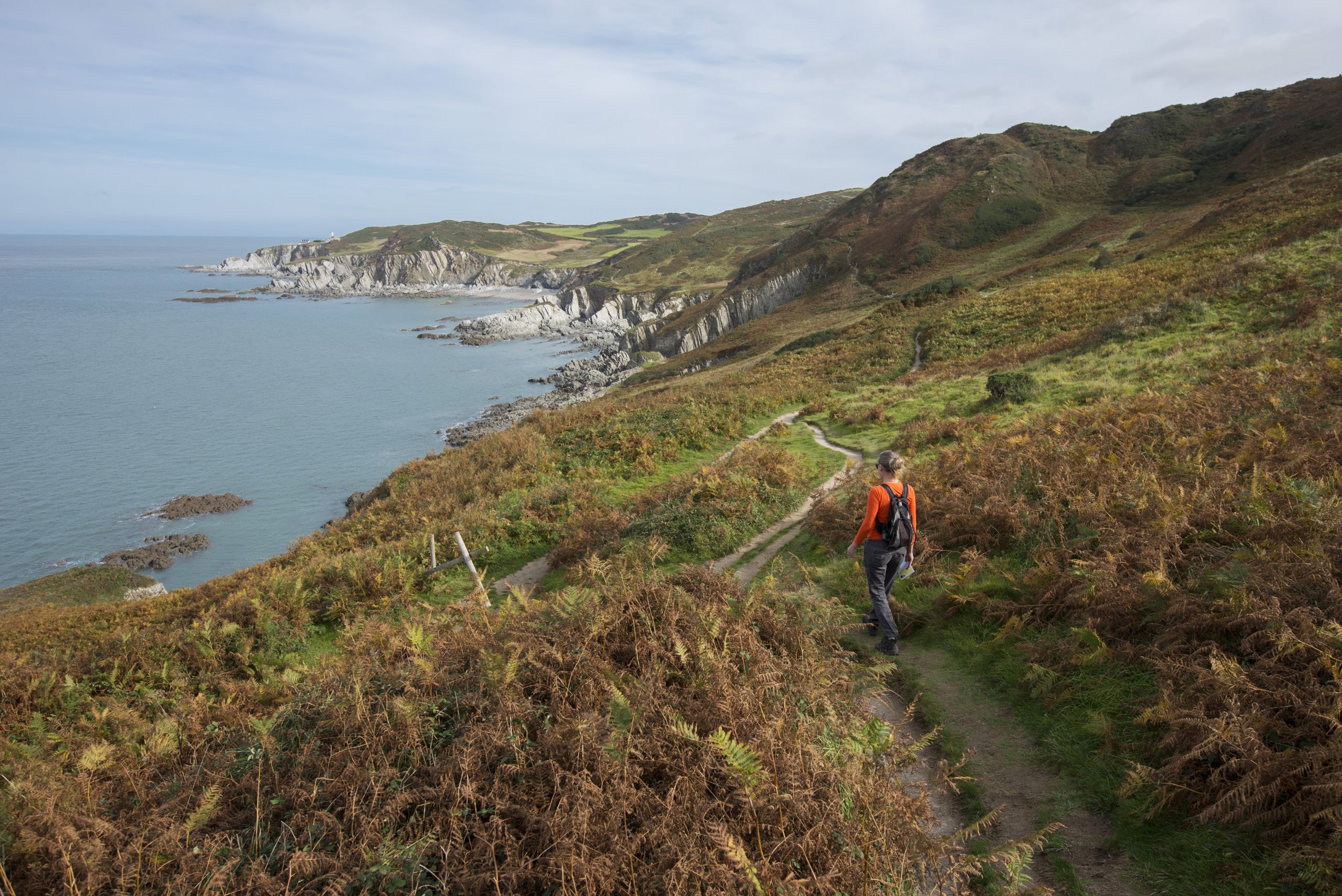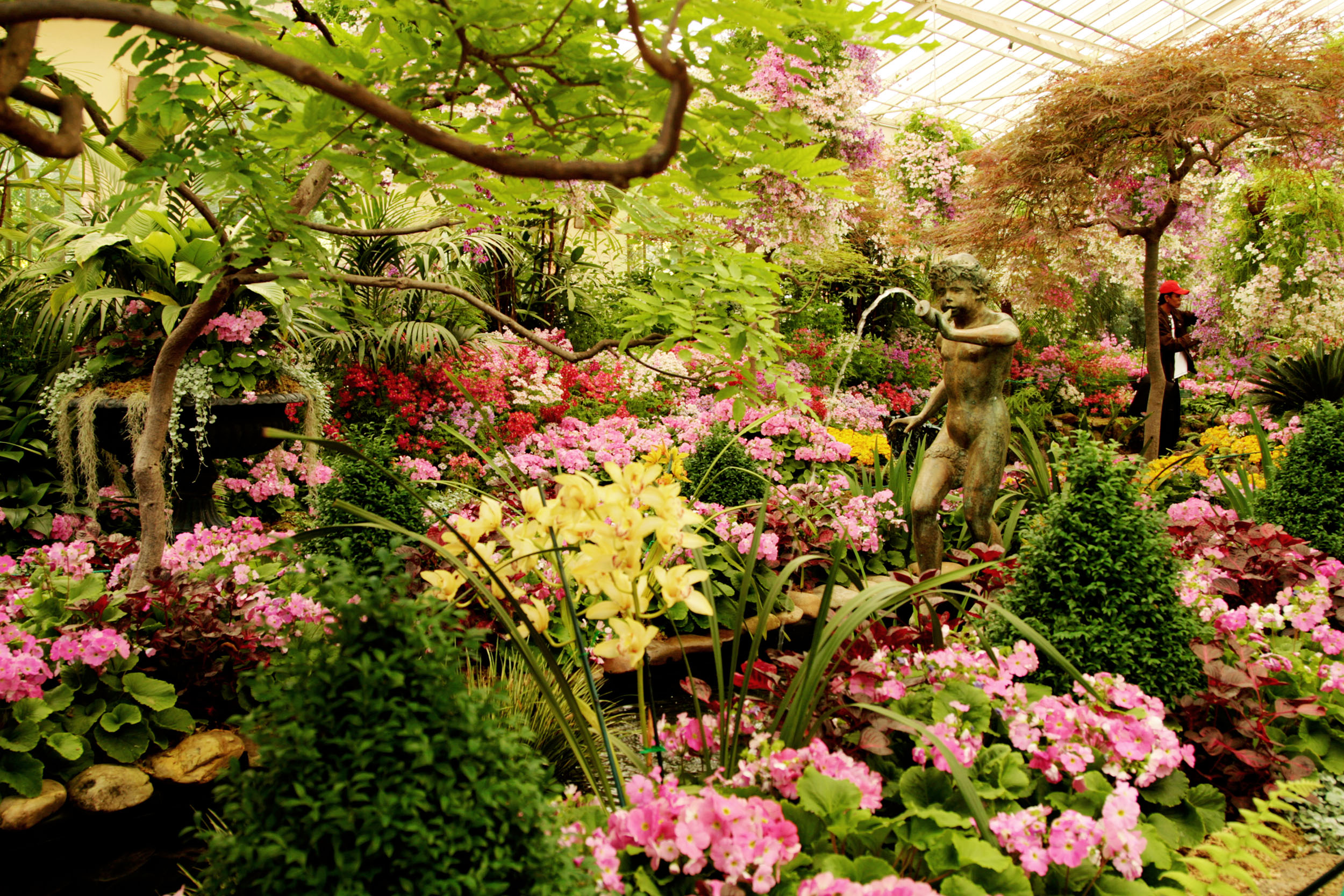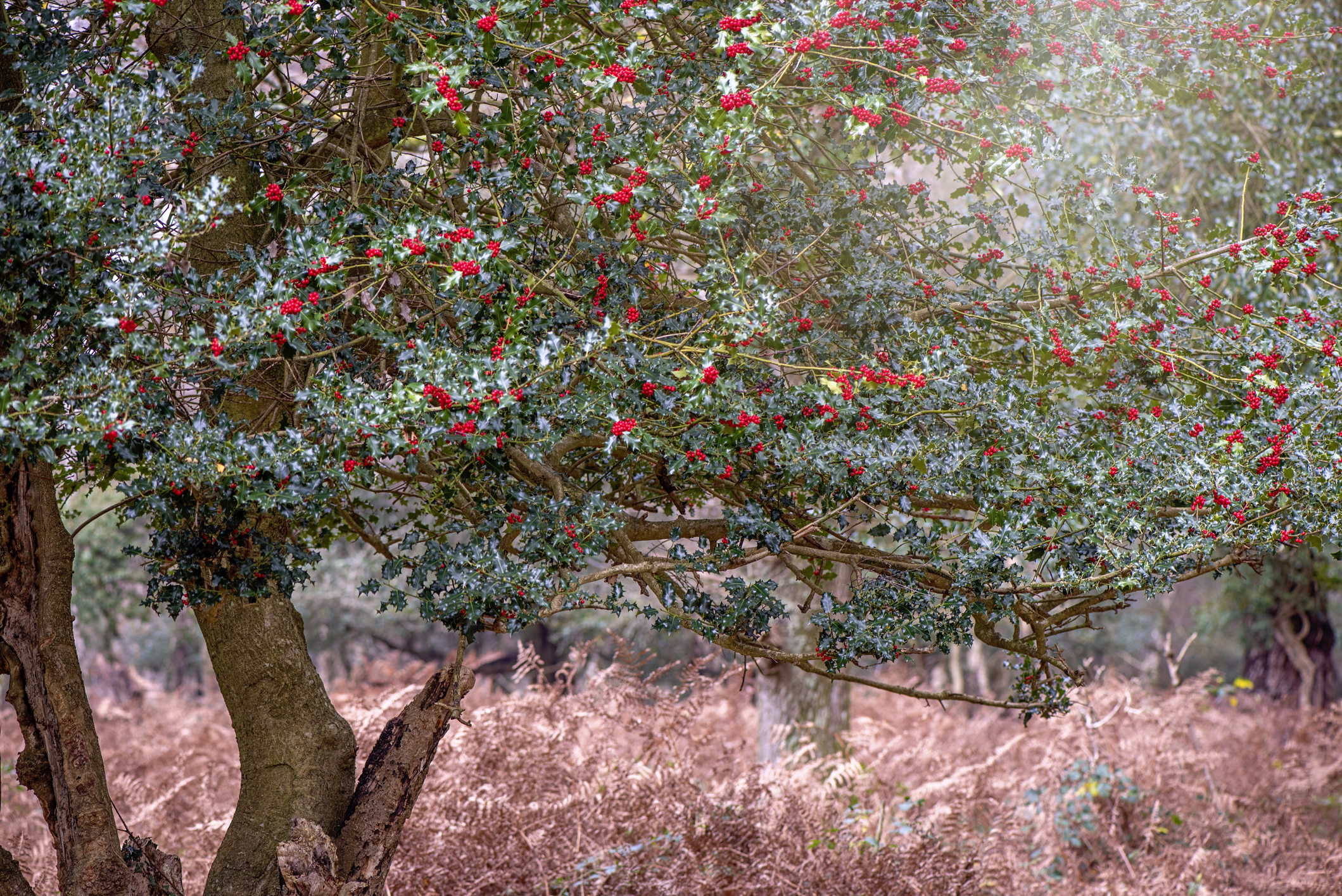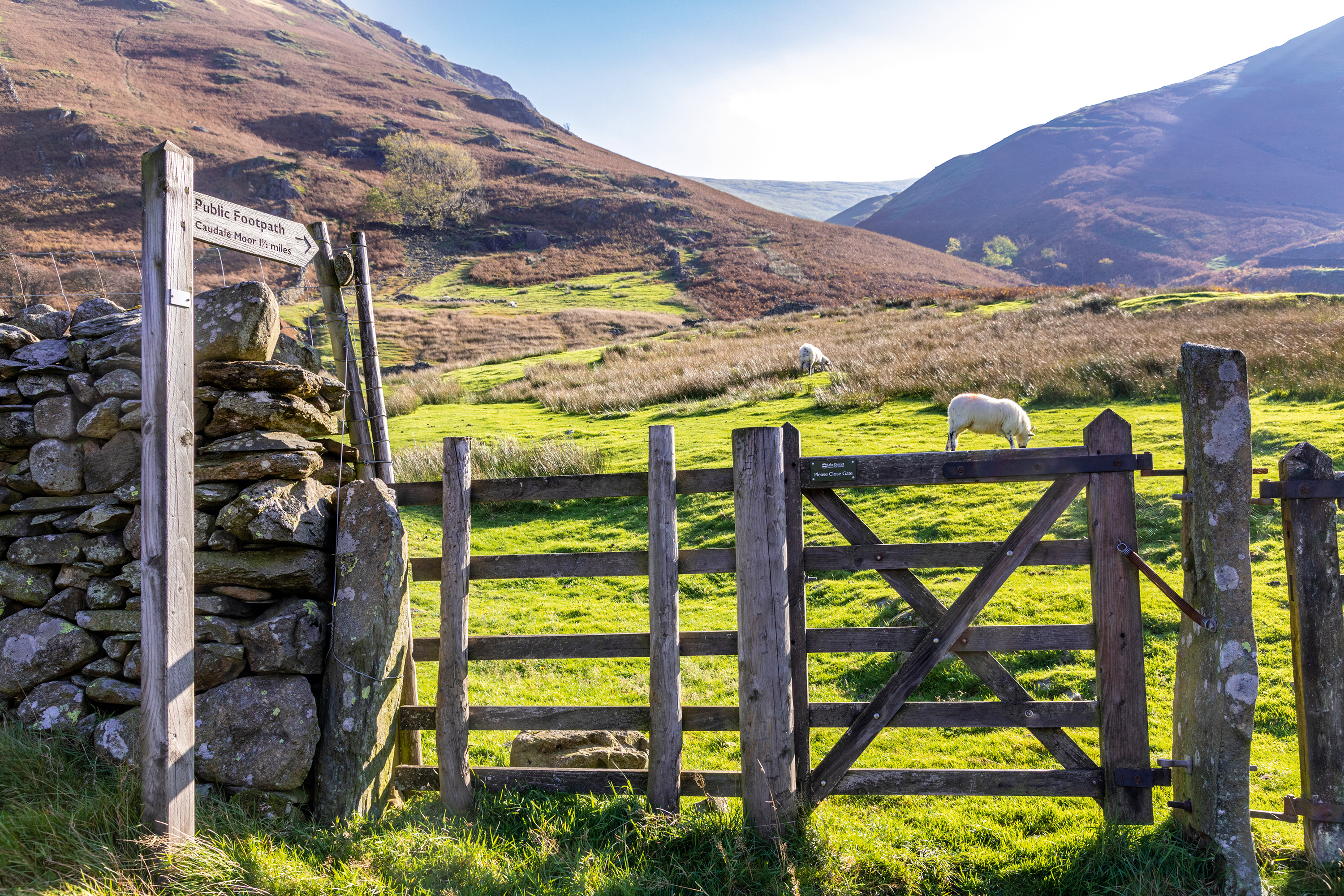Alan Titchmarsh: My favourite books for winter garden dreaming
As the gardening takes a back seat and the sofa and the fire beckon, Alan recommends some of his favourite books to while away the long winter nights.


Seasonality is one of the greatest attributes of the British garden, not least because it offers us a change of mood: spring is a time of awakening — for gardeners as well as gardens; summer is for enjoying; autumn is for clearing up and winter is for dreaming. Between now and March, we have a chance to catch up, mentally as well as physically. Yes, there is earth to cultivate, plants to cut back, shrubs to prune and beds and borders to unpick, but such work does not need to be undertaken at breakneck pace. In between times, we can curl up with a book, provided we can afford to stoke up the log fire.
Never has the exhortation, bequeathed to his audience by an RHS speaker in the first half of the 20th century, been more apposite: ‘However small your garden’, he said, ‘be sure to devote at least four acres to woodland.’ Those who took his advice will be pleased to burn their own logs this winter rather than have to pay a fortune for someone else’s.
Put aside thoughts of economy and position yourself in a cosy corner with your chosen volume or tablet (I add the last word grudgingly, but if you’ve tried to read the recently published three volumes of Henry ‘Chips’ Channon’s diaries in bed, you will be grateful for the reduction in avoirdupois).
Surely, I should be recommending gardening books for you to curl up with? Well, perhaps, but this gardener enjoys both fiction and biography, especially where the garden and the countryside act as a vivid backdrop to events as they unfold. Such is the case with Elizabeth Jane Howard’s ‘Cazalet Chronicles’, the five volumes of which have kept me immersed for the past couple of months. Thanks to The Queen Consort’s recommendation, the Cazalets have had a renaissance. I am only sorry that Howard is no longer with us to continue the story. Granted, the horticultural content is light, but the fact that the matriarch of the family, known as The Duchy, loves her rock garden is enough for me.
Delia Owens’s Where The Crawdads Sing will take you to a part of the world totally unfamiliar to me — the marshlands of North Carolina — where the author pens a tale that I found totally entrancing, and Raynor Winn’s The Salt Path makes a strong case for the therapeutic effects of walking England’s South West Coast Path.

When it comes to ‘gardening proper’, most books are used for reference, as a result of which those that can be read cover to cover are especially prized. Adventures of a Gardener by Sir Peter Smithers is one of the best, detailing the making of gardens in England and Switzerland and the collecting of plants all over the globe. Diplomat, MP and all-round good egg, Sir Peter, who died in 2006, is refreshing company.
The same can be said for that veteran writer on gardening and wines Hugh Johnson (did anyone ever have a finer hybrid life?), whose latest volume of extracts from his diary, Sitting in the Shade, is by turns thoughtful and instructive.
Sign up for the Country Life Newsletter
Exquisite houses, the beauty of Nature, and how to get the most from your life, straight to your inbox.
This is the perfect time of year to indulge yourself with those children’s books of yesteryear: The Secret Garden by Frances Hodgson Burnett and The Wind in the Willows by Kenneth Grahame. They were written at a time when the natural world played a greater part in the daily lives of the inhabitants of our islands, never more so than in Flora Thompson’s Lark Rise to Candleford, which will transport you to a world that seems as alien as that to be found on another planet, even if it is set in an Oxfordshire of barely 10 decades ago.
The digging of earth, the tending of allotments at dead of night in the interests of producing food were regular occurrences for families back then: ‘People were poorer and had not the comforts, amusements or knowledge we have to-day; but they were happier. Which seems to suggest that happiness depends more upon the state of mind — and body perhaps — than upon circumstances and events.’ Somehow, the current price of a gallon of petrol and a trailer-load of logs is put into sharp perspective.
Alan Titchmarsh’s latest book, The Gardener’s Almanac, is out now.

Credit: Moment Editorial/Getty
Alan Titchmarsh: Why I've decided that life's too short to keep growing the same old things in my greenhouse
Alan Titchmarsh's greenhouse has become a bit predictable – but he's now got big plans to mix things up.

Credit: Jacky Parker / Getty
Alan Titchmarsh: 'Only God’s earth — in the garden and the countryside — is capable of coming up with the goods with reliability equal to that of St Nicholas'
Alan Titchmarsh's Christmas column looks at all the plants of the festive season.
Alan Titchmarsh is a gardener, writer, novelist and broadcaster.
-
 Six rural properties with space, charm and endless views, as seen in Country Life
Six rural properties with space, charm and endless views, as seen in Country LifeWe take a look at some of the best houses to come to the market via Country Life in the past week.
By Toby Keel
-
 Exploring the countryside is essential for our wellbeing, but Right to Roam is going backwards
Exploring the countryside is essential for our wellbeing, but Right to Roam is going backwardsCampaigners in England often point to Scotland as an example of how brilliantly Right to Roam works, but it's not all it's cracked up to be, says Patrick Galbraith.
By Patrick Galbraith